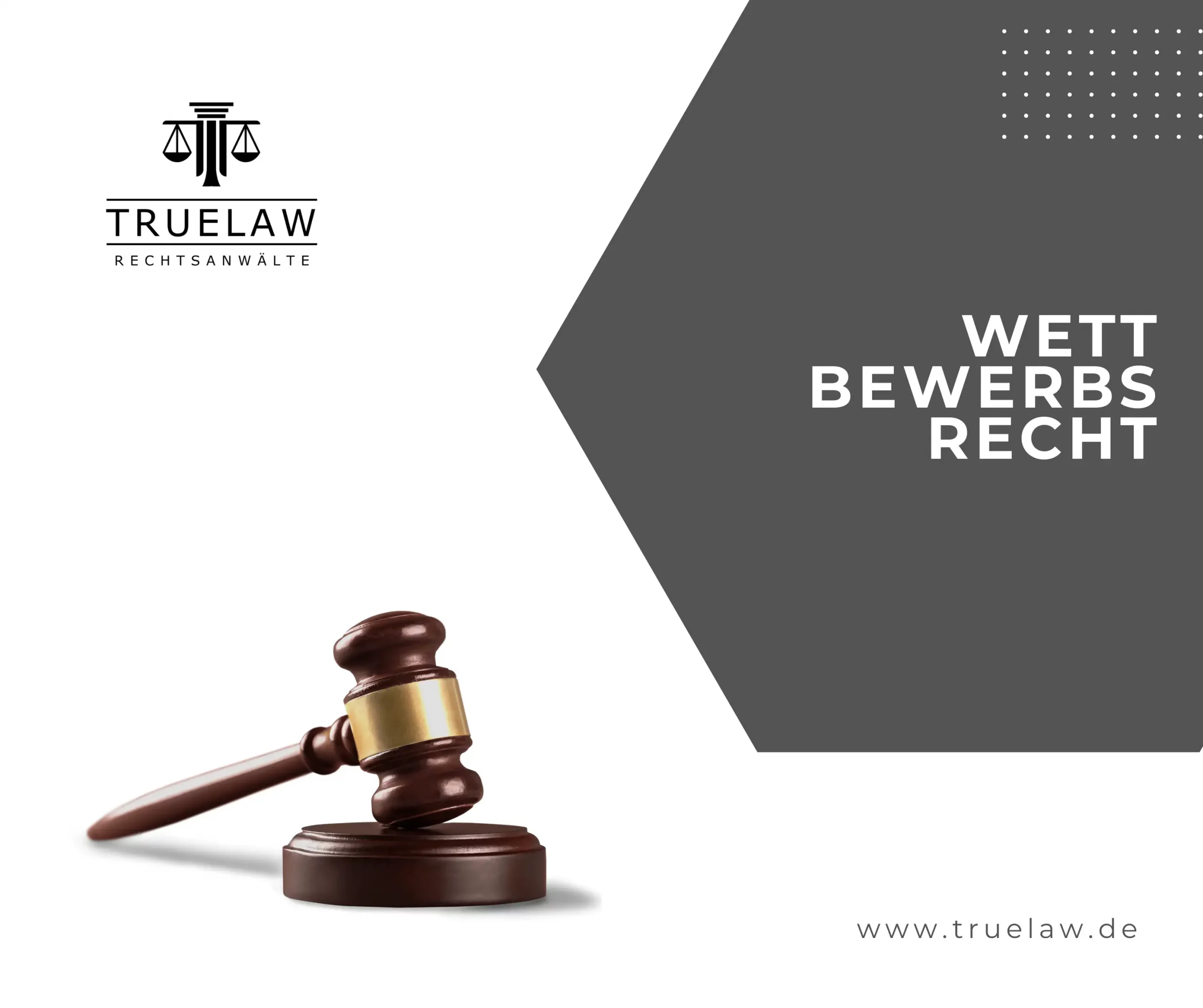Every commercial act must be true and clear, i.e. it must not contain any untrue statements or other information that could be misleading. If these requirements are not met, this may constitute misleading, prohibited advertising (Section 5 UWG).
It should also be noted in particular that the prohibition of misleading statements is not limited to advertising alone, but also includes all misleading commercial acts.
The assessment of how the public understands an advertisement depends on the reasonable, attentive and reasonably well-informed consumer. This is the consumer model established by the European Court of Justice and is also the basis for assessing whether something is misleading under Section 5 UWG.
In the annex to the UWG, special groups of cases are explicitly listed in the so-called black list. As the list is almost identical in wording to the corresponding annex of the EU Unfair Commercial Practices Directive, there is no possibility of evaluating the examples given. This means that the aforementioned business practices are always unfair.
Particular caution must be exercised in connection with the obligation to fulfill information duties. According to § 5 a Abs. 3 UWG, similar information obligations are formulated for consumers as in distance selling law and are classified as essential by law. The concealment of such information is therefore automatically a violation of the UWG.
In any case, every provider actively involved in business life should be aware that every commercial act can be reviewed on the basis of the UWG with regard to misleading or deceptive conduct. A correspondingly careful approach, especially with advertising claims, is therefore essential.

